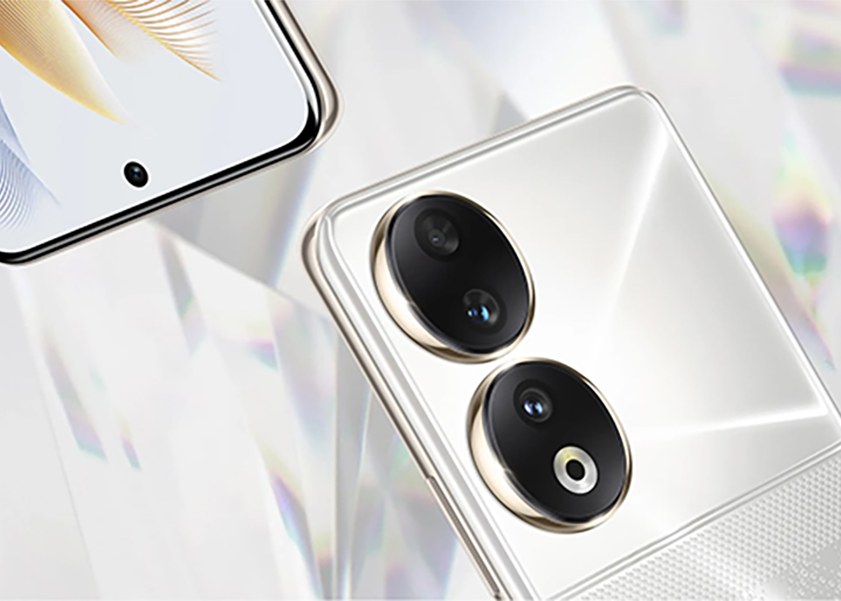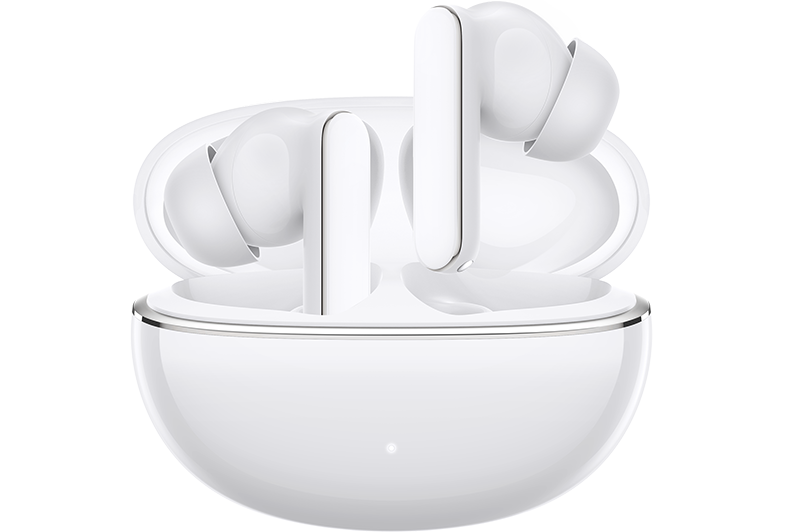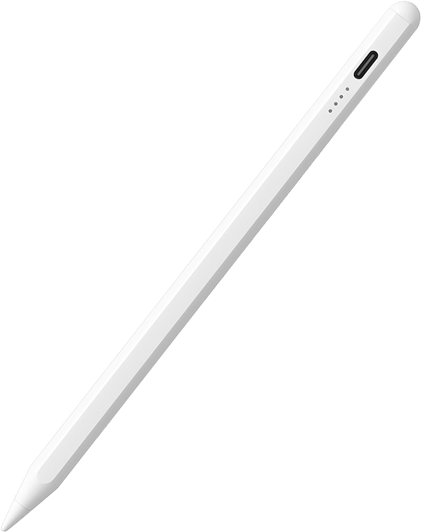TOP
Shop

我的荣耀 开启荣耀之旅
To log in to your account, you must first agree to the HONOR PLATFORM TERMS OF USE and HONOR Platform Privacy Statement . If you do not agree, you may only browse the site as a guest.
*You can unsubscribe at any time, Please see our Privacy Statement for details.

Decoding Charging Power: How Many Watts Is a Phone Charger?
How many watts is a phone charger? This question is fundamental in understanding the charging capabilities and efficiency of your smartphone's charger. Different chargers offer varying wattages, affecting how quickly and effectively they can charge your phone. This guide delves into the basics of phone charger wattage, categorizing chargers from low to high wattage, including standard and fast-charging options. We will also guide you in selecting the most suitable wattage for your phone charger, balancing charging speed with battery longevity.
Phone Charger Watts Basics
Understanding the basics of phone charger watts is essential for efficient and safe device charging. The wattage of a charger, denoted as "watts" (W), is a crucial factor determining how quickly your phone can be charged. Essentially, it represents the rate at which energy is transferred from the charger to your phone's battery.
How many watts does a phone charger use? This question is key when considering charging speed and efficiency. Chargers with higher wattages can deliver more power, thus speeding up the charging process. For instance, a 15W charger will generally charge your phone faster than a 5W charger. However, it's important to note that the maximum charging speed is also dependent on your phone's capabilities; using a charger with a higher wattage than your phone can handle won't necessarily charge it faster and might even pose a risk.
On the flip side, using a charger with too low a wattage can result in slow charging times. It's vital to strike a balance between safety and efficiency. Many modern smartphones support fast charging, which requires chargers with higher wattage outputs. If your phone is compatible with fast charging, using the appropriate high-wattage charger can significantly reduce the time it takes to reach full battery capacity.
It's also worth considering the charger's efficiency. Some energy is lost as heat during the charging process, and more efficient chargers minimize this loss, ensuring that a higher percentage of the electrical energy is actually used to charge your phone.
How Many Watts Does a Phone Charger Use?
To answer the question how many watts does a phone charger use, we categorize phone chargers into three main types based on their wattage:
Low Wattage Chargers
Low wattage chargers, typically ranging from 3 to 5 watts, are commonly included with many smartphones. These chargers are modest in their power consumption, making them an eco-friendly choice for routine charging. They deliver energy at a gradual pace, which, although slower, can help preserve the longevity of your phone's battery. Utilizing a lower energy output, these chargers are ideal for overnight charging or situations where time is not a pressing concern.
Standard Wattage Chargers
Moving up the scale, standard wattage chargers, which generally consume between 10 to 18 watts, strike a balance between efficiency and speed. These chargers are more common with recent smartphone models, offering a quicker charging experience compared to their low wattage counterparts. While they use more power, they reduce the time your device needs to be plugged in, potentially balancing out their overall energy consumption.
Fast Charging and High Wattage Chargers
Fast charging and high wattage chargers represent the pinnacle of convenience and efficiency in the current market. With wattages ranging from 20 watts to over 40 watts, these chargers can dramatically reduce charging times. For instance, the HONOR 90, with its robust 5000mAh battery, utilizes 66W HONOR SuperCharge technology. This high wattage charger enables the phone to be charged rapidly without compromising power efficiency. It is particularly beneficial for those who need a quick power boost, such as during short breaks or in emergencies. Despite its higher energy intake, the time-saving advantage they offer is a significant draw for users needing rapid charging solutions.
How Many Watts Should I Choose for My Phone Charger?
Selecting the appropriate wattage for your phone charger depends on various factors, including your device's specifications, charging habits, and the desired balance between speed and battery health. Here's a guide to help you make an informed decision:
1. Device Compatibility
• Check your phone's user manual or specifications to find the recommended charging wattage. Using the manufacturer's suggested wattage ensures optimal performance and battery longevity. This directly relates to the question, how many watts does it take to charge a phone, as the recommended wattage gives you the best efficiency without compromising battery health.
2. Battery Capacity
• Consider your device's battery capacity. Larger batteries generally benefit from higher-wattage chargers for faster charging. However, smaller batteries, like those in some compact smartphones, may not require high wattages.
3. Fast Charging Capabilities
• If your device supports fast charging technology, choose a charger that aligns with this feature. Fast charging often involves higher wattages, providing a quick boost to your battery when you're in a hurry.
4. Charging Habits:
• Evaluate your daily charging routine. If you frequently need a quick top-up between tasks, a higher-wattage charger may be advantageous. For overnight charging, a standard wattage charger might suffice.
Conclusion
In summary, understanding how many watts is a phone charger uses is crucial for selecting the most appropriate charger for your needs. Low wattage chargers are typically rated around 5 watts and are suitable for slow, steady charging. Standard wattage chargers, often ranging from 10 to 18 watts, offer a balance of efficiency and speed, making them a popular choice for daily use. Fast charging and high wattage chargers provide rapid charging capabilities, especially beneficial for those with hectic schedules. When choosing a charger, consider the compatibility with your device, the charging speed you require, and the situations in which you'll be using the charger. Remember, a higher wattage charger doesn't always equate to faster charging if your device isn't designed to support it. Always opt for a charger that aligns with your phone's specifications and your personal charging needs.
FAQ
Can I use a higher wattage charger on my phone?
Yes, you can generally use a higher wattage charger for your phone. Most modern smartphones are designed to handle various charging speeds and will only draw the power they need. However, it's important to use a charger that is compatible and certified for your device to ensure safety and optimal charging efficiency.
How many watts is a normal phone charger?
A typical phone charger typically operates around 5 to 10 watts. Standard chargers, often provided with the phone, are usually 5 watts. However, many newer models, support fast charging, which uses chargers rated between 18 to 25 watts or more.
Will using a different charger ruin my phone?
Using a different charger won't necessarily ruin your phone, but it's important to ensure the charger is compatible and of good quality. Chargers with incorrect voltage or amperage can damage the battery or the phone's internal circuitry. It's best to use chargers from reputable manufacturers that meet your phone's specifications.
Source: HONOR Club
Subscribe For Updates - Special Offers And More.
I agree to receive the latest offers and information on HONOR products through email or IM (e.g. WhatsApp) provided below and advertisement on third-party platforms. I understand that I can unsubscribe anytime according to Chapter 6 of HONOR Platform Privacy Statement .
Consumer hotline

8008440443 Sunday - Saturday, 9:00am-9:00pm
sa.support@honor.comTax ID/VAT Registration No. 311123479500003
Commercial Registration No. 1010754462
E-Commerce Authentication No. 0000093589
Copyright © HONOR 2017-2026.All rights reserved.
We use cookies and similar technologies to make our website work efficiently, as well as to analyze our website traffic and for advertising purposes.
By clicking on "Accept all cookies" you allow the storage of cookies on your device. For more information, take a look at our Cookie Policy.
Functional cookies are used to improve functionality and personalization, such as when playing videos or during live chats.
Analytical cookies provide information on how this site is used. This improves the user experience. The data collected is aggregated and made anonymous.
Advertising cookies provide information about user interactions with HONOR content. This helps us better understand the effectiveness of the content of our emails and our website.










































































